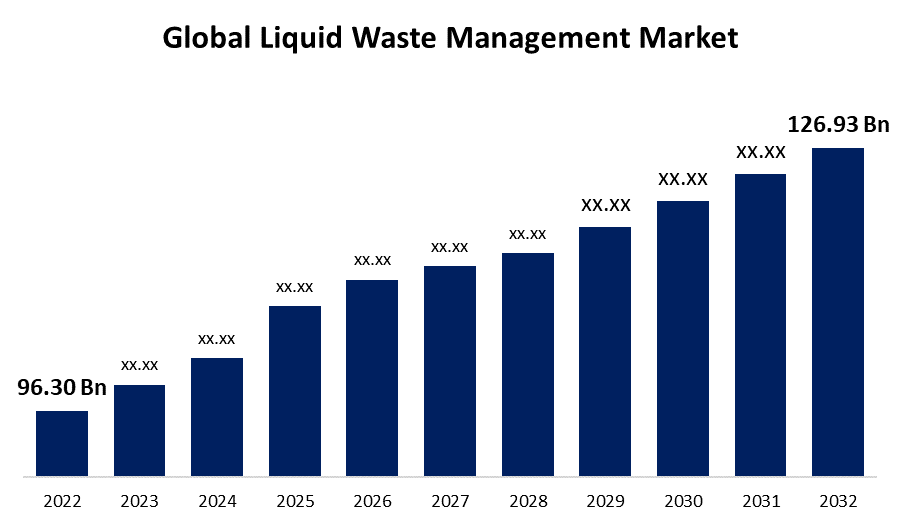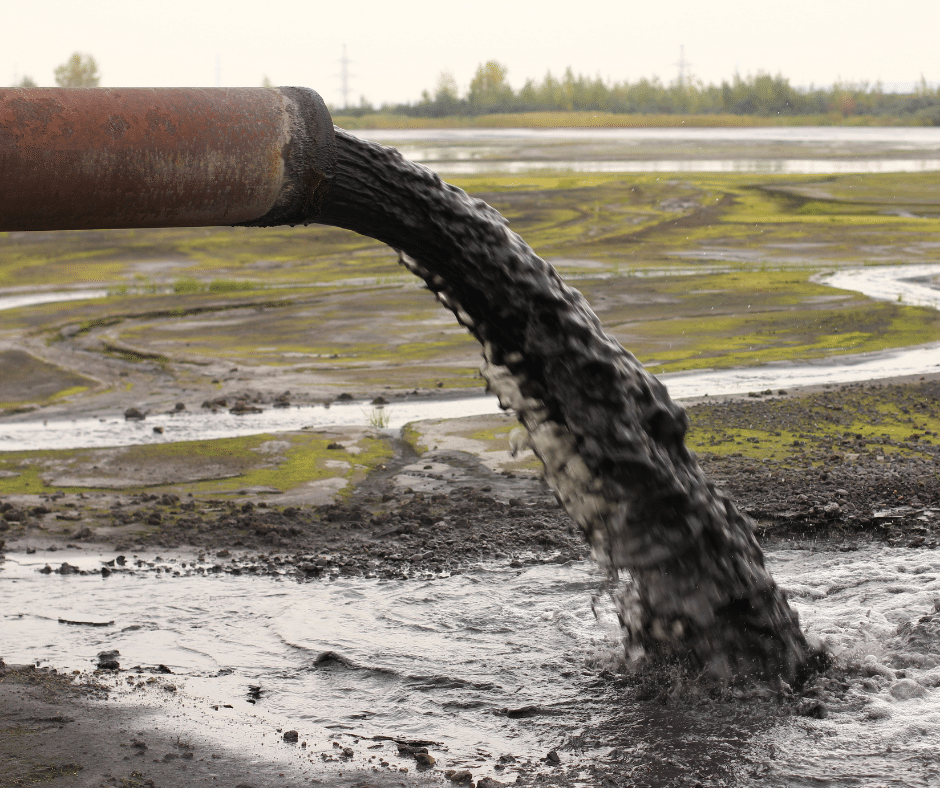Leading Industrial Wastewater Treatment Solutions: Guaranteeing Compliance and Efficiency
Leading Industrial Wastewater Treatment Solutions: Guaranteeing Compliance and Efficiency
Blog Article
Comprehending the Comprehensive Process of Fluid Garbage Disposal: Finest Practices and Environmental Influence Factors To Consider
The administration of fluid waste disposal is a complex issue that calls for a detailed understanding of different best practices and their associated ecological impacts. From the kinds of liquid waste created to the methods used for collection, treatment, and final disposal, each step plays a critical duty in securing environments and public health.
Kinds of Liquid Waste
Understanding the numerous sorts of liquid waste is crucial for reliable administration and disposal practices. Liquid waste can be extensively categorized right into several types, each calling for distinct handling and therapy techniques.
Industrial fluid waste frequently has unsafe materials, consisting of hefty steels, solvents, and chemicals, produced throughout manufacturing procedures. These wastes demand strict regulatory conformity to protect human health and wellness and the atmosphere. Domestic fluid waste primarily refers to wastewater produced from houses, consisting of sewage and greywater, which, although much less poisonous, can still position substantial threats if improperly managed.
Agricultural fluid waste, including overflow from ranches, frequently includes plant foods and pesticides that can lead to environmental destruction otherwise dealt with adequately. Clinical fluid waste, generated from healthcare centers, includes contaminated liquids such as physical liquids and chemicals, requiring specialized disposal techniques to avoid infection and environmental contamination.
Finally, oil and oil waste, typically produced by restaurants and automotive industries, can cause severe blockages in sewage system systems if not managed correctly. Understanding these categories helps with targeted methods for treatment, compliance with laws, and reliable disposal methods, ultimately advertising ecological sustainability and public health and wellness safety and security.

Collection Approaches
Reliable collection techniques are essential for the correct monitoring of fluid waste, guaranteeing that it is gathered securely and efficiently before treatment or disposal. Numerous methods are utilized depending upon the kind of fluid waste generated, the quantity, and the particular features of the waste.
One usual method is the usage of specialized collection tanks or sumps, which are made to catch liquid waste at the source. These systems commonly integrate pumps that help with the transfer of waste to bigger storage containers or therapy facilities. Additionally, mobile collection devices geared up with vacuum cleaner technology are used in circumstances where waste is created intermittently or in hard-to-reach places.
For commercial setups, closed-loop systems can efficiently decrease leaks and spills, enabling the recuperation and reuse of liquid waste. It is likewise necessary to train workers on proper collection procedures to minimize dangers related to harmful substances.
Additionally, carrying out regular upkeep timetables for collection equipment guarantees ideal performance and safety and security. The integration of sophisticated surveillance systems can boost collection efficiency by offering real-time data on waste degrees and possible risks. Generally, reliable collection approaches are fundamental to sustainable liquid waste administration methods.
Treatment Procedures
Therapy procedures play an essential role in the management of fluid waste, changing potentially harmful products right into recyclable resources or risk-free effluents - liquid waste disposal. These processes can be broadly categorized right into physical, chemical, and biological methods, each tailored to address specific impurities present in the waste stream
Physical treatment techniques, such as sedimentation and filtering, job by eliminating suspended solids and particulate matter. These methods are commonly the initial step in the treatment chain, successfully lowering the lots on succeeding processes. Chemical treatments involve using reagents to counteract dangerous compounds, speed up heavy metals, or oxidize natural contaminants, thus improving the safety of the effluent.
Biological therapy processes, consisting of triggered sludge systems and anaerobic food digestion, utilize on the natural capacities of bacteria to weaken natural matter. These approaches are particularly reliable for wastewater containing eco-friendly contaminants. Advanced therapy technologies, such as membrane filtering and progressed oxidation processes, are significantly employed to accomplish greater levels of filtration.
Including useful reference a combination of these therapy techniques not just makes certain conformity with governing requirements yet additionally promotes environmental sustainability by recuperating beneficial resources from fluid waste.
Disposal Options
How can companies ensure the liable and secure disposal of fluid waste? Reliable disposal alternatives are important for guarding public health and wellness and the atmosphere. The key approaches include land disposal, incineration, and therapy followed by discharge into community wastewater systems.
Land disposal includes the cautious control of fluid waste in designated landfills, making sure that it does not seep right into surrounding dirt or water. Incineration, on the various other hand, topics liquid waste to high temperatures, transforming it right into ash and gases, which need appropriate filtration to reduce discharges. This technique appropriates for contaminateds materials that can not be dealt with via traditional means.
In instances where fluid waste can be treated, organizations might decide for biological or chemical therapy processes to reduce the effects of dangerous elements prior to discharging the treated effluent into community systems. This route typically aligns with governing needs, ensuring that the effluent meets safety and security criteria.
Inevitably, companies must perform complete evaluations of each disposal choice to establish its feasibility, thinking about factors such as waste make-up, regulatory compliance, and prospective risks to wellness and the setting. By find more info picking ideal disposal approaches, services can add to an accountable waste monitoring technique.
Environmental Influence
The ecological influence of fluid waste disposal is an essential consideration for companies seeking to reduce their environmental impact. Additionally, the discharge of unattended or inadequately treated waste right into surface area waters can result in eutrophication, leading to oxygen deficiency and the subsequent fatality of fish and various other microorganisms.

To alleviate these effects, organizations need to take on ideal techniques such as carrying out extensive waste treatment procedures, promoting recycling and reuse, and adhering to regulatory criteria. By taking an aggressive approach to fluid waste monitoring, entities can dramatically minimize their ecological impact while supporting why not check here sustainable growth goals. Eventually, a detailed understanding of the environmental impacts related to liquid waste disposal is necessary for notified decision-making and responsible stewardship of natural deposits.
Verdict
Effective administration of liquid waste is crucial for securing ecological integrity and public health and wellness. Ultimately, a thorough understanding of liquid waste disposal not only alleviates ecological impacts yet also promotes a dedication to liable resource monitoring and environmental stewardship.
The administration of liquid waste disposal is a complex concern that needs a comprehensive understanding of different ideal techniques and their associated environmental influences. From the kinds of fluid waste generated to the methods employed for collection, treatment, and final disposal, each step plays a critical role in securing ecological communities and public health.The environmental impact of fluid waste disposal is an important consideration for companies looking for to lessen their environmental impact. Inevitably, a thorough understanding of the ecological influences associated with liquid waste disposal is vital for notified decision-making and responsible stewardship of natural resources.
Eventually, an extensive understanding of liquid waste disposal not only minimizes environmental impacts but additionally cultivates a dedication to accountable source administration and environmental stewardship.
Report this page